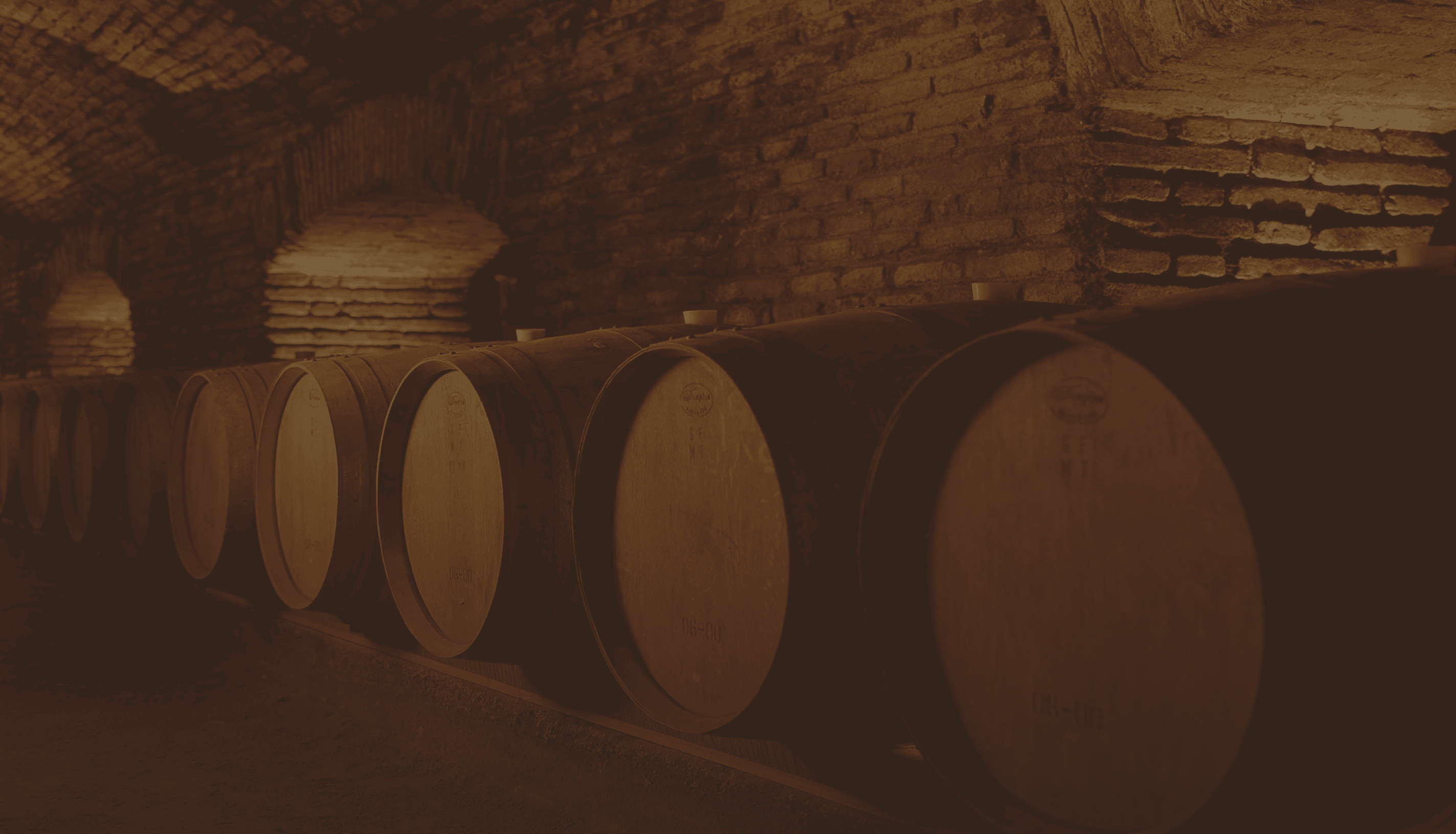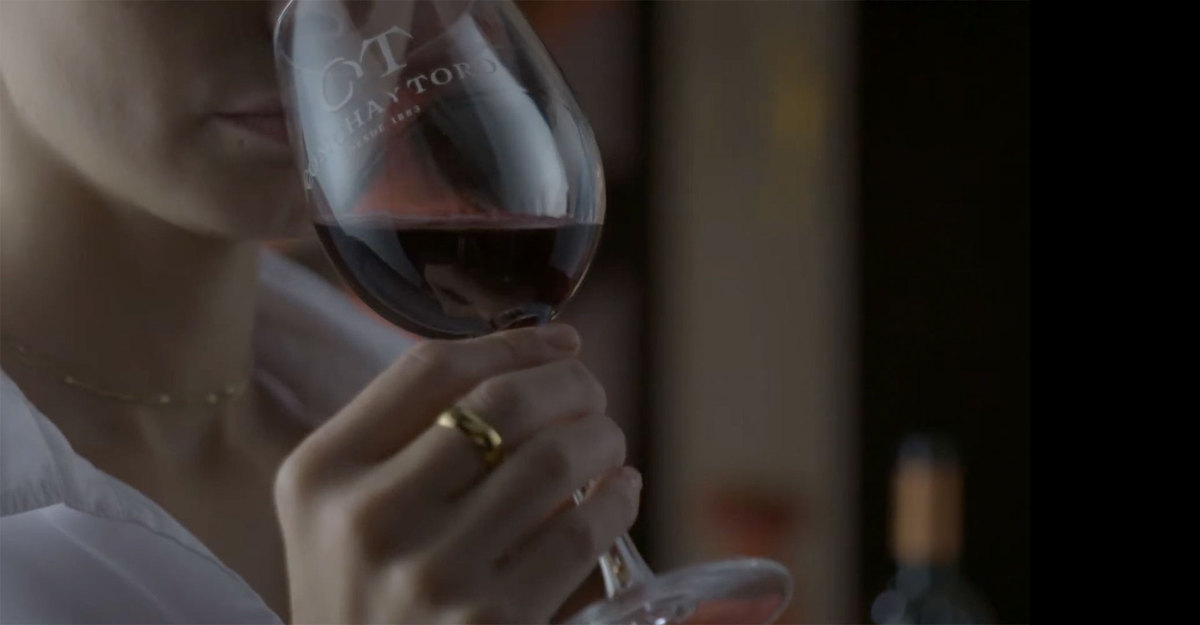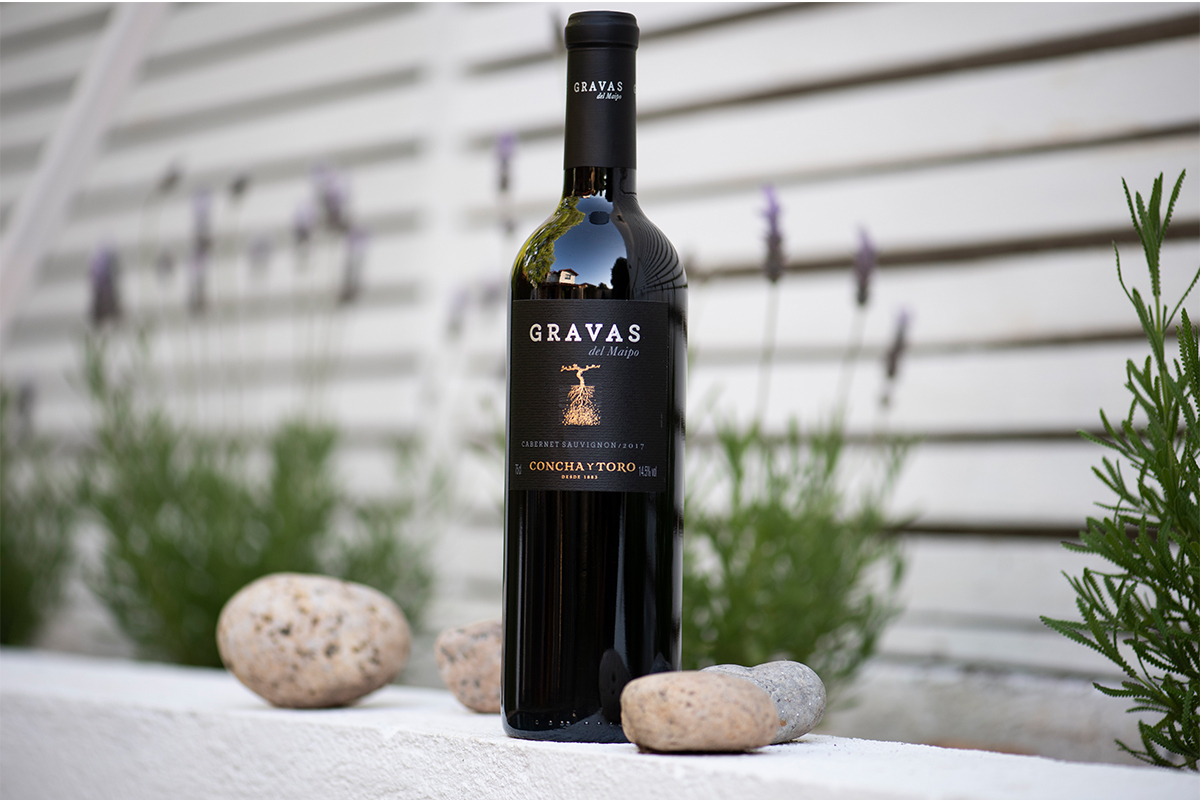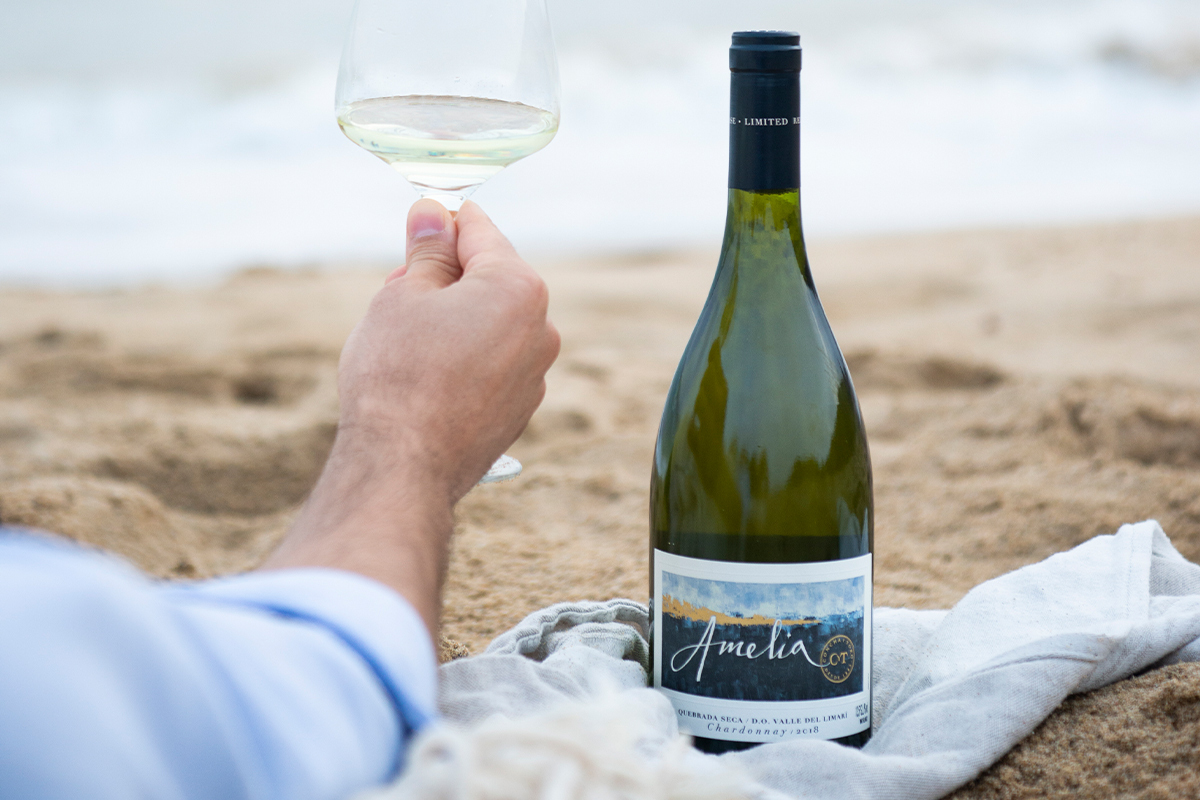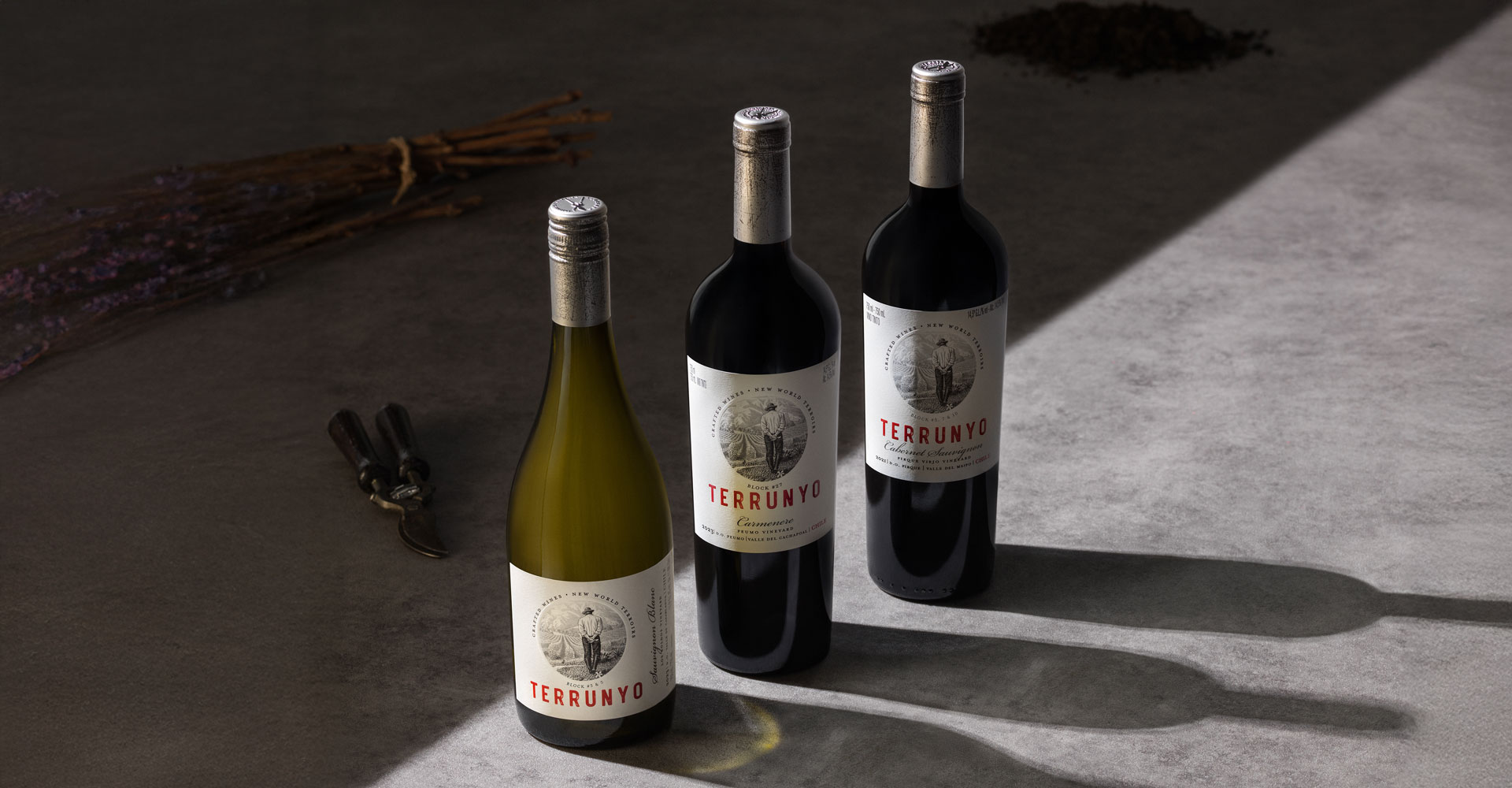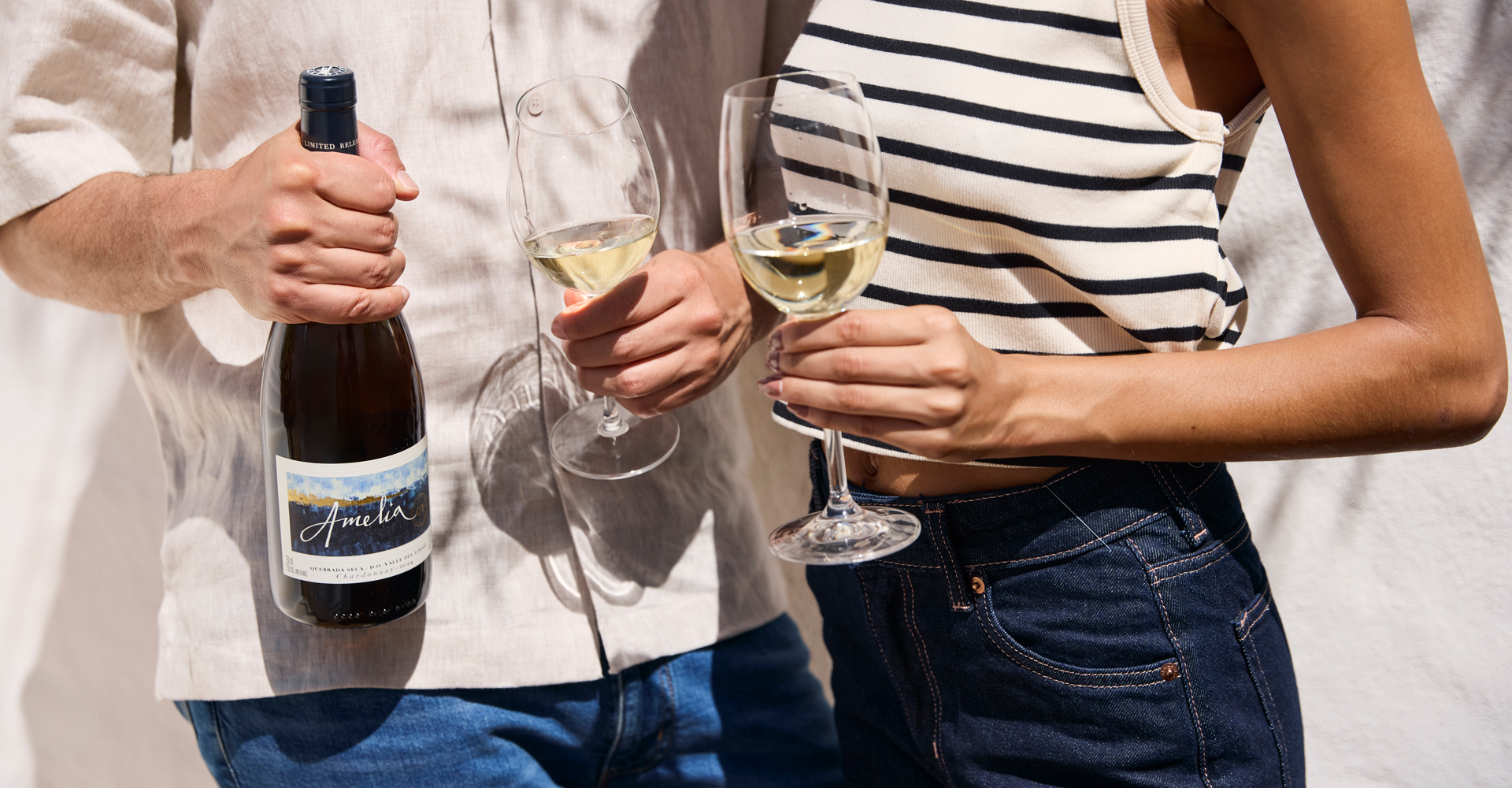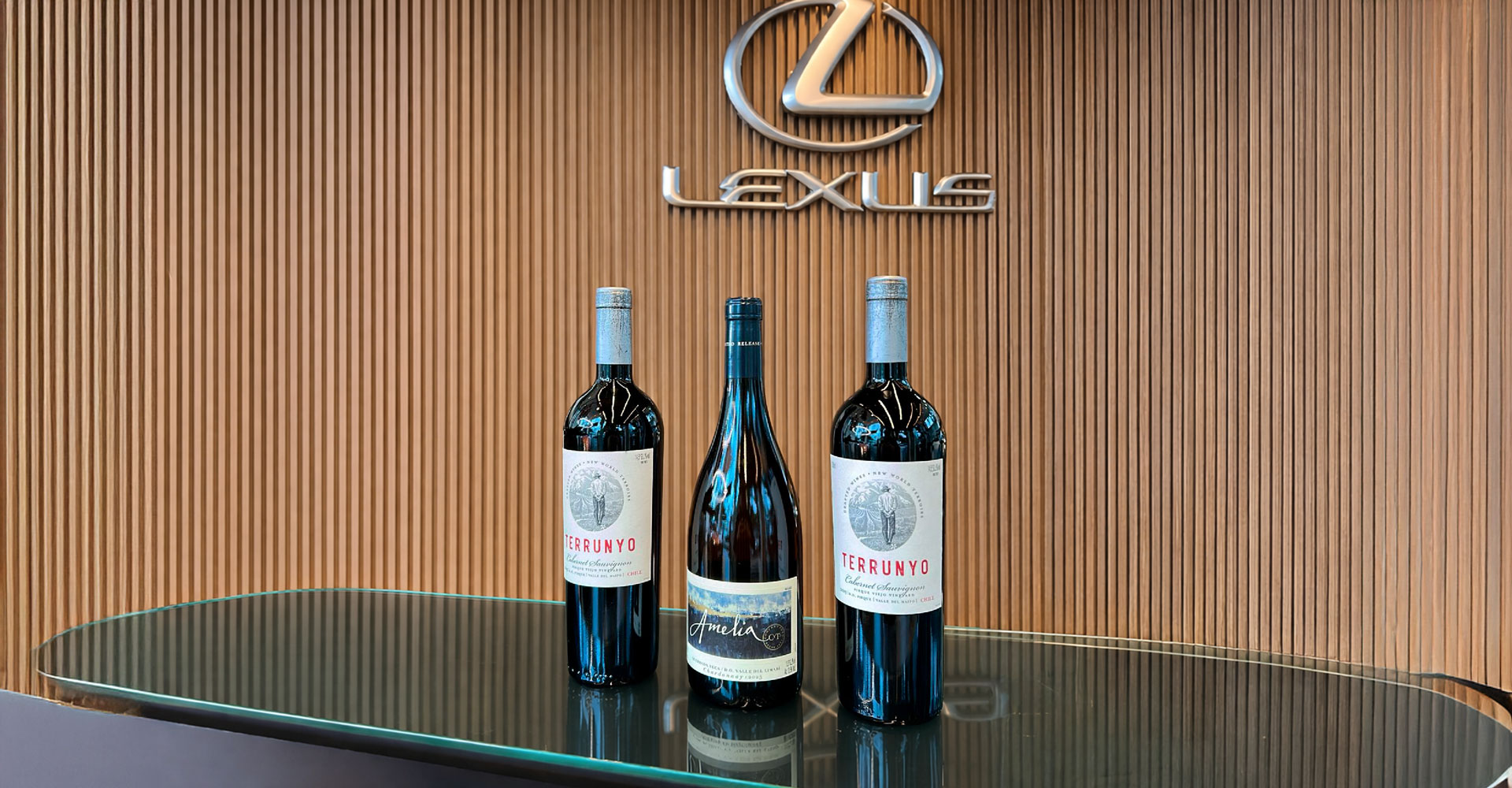22 de December de 2020
Is there a right glass for each wine?
For a long time, it has been said that certain wine glasses are one of the essential accessories when it comes to drinking them, but what is the truth in this? First, the next time you open a bottle I would like to invite you to do the following exercise: pour a little wine in your usual glass or crystal wine glass and serve another bit in a plastic cup. First, drink from the glass one and then from the plastic cup. Do you notice any difference?
I learned this exercise a few years ago when I was invited to a “glass tasting” (yes, this type of tasting also exists) from the renowned wine glass company, Riedel.

Ph: Riedel
Since its founding in 1756 in the Czech Republic, they have sought to demonstrate why the size and shape of the glass influences the bouquet and taste of wine. With the help of the world’s great winemakers and sommeliers, they developed a glass for practically each grape variety. For a Sauvignon blanc without wood, such as Terrunyo, they propose to use the Riedel Winewings Sauvignon Blanc glass. Each Riedel glass directs the wine to the appropriate taste areas on the palate, but the initial point of contact with the wine depends on the shape and volume of the glass, its diameter and its finish. That’s why they developed a glass for each grape variety. Does it work? The truth is that wine in a plastic glass is practically tasteless and with little aroma, while drinking it in a Riedel glass is a quantum leap. Its aromas and flavours are much better appreciated.
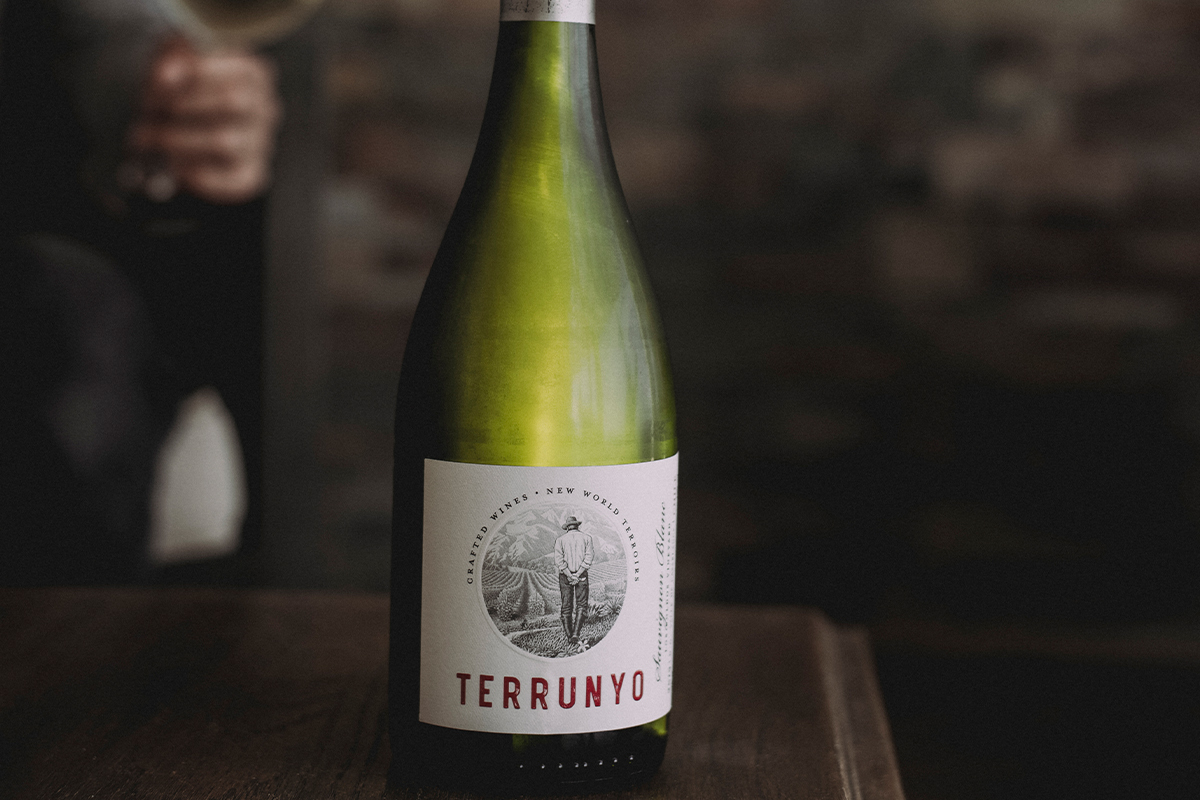
The famous wine critic Jancis Robinson was not very happy with the idea of having a glass for each wine. Its main reason was the space it takes to store so many different glasses and the complexity in distinguishing them. It was in 2017 when she was approached by the craftsman Richard Brendon, who’s famous for his work in the creation of whiskey glasses and top-quality bone china, proposed to Robinson to collaborate in the development of wine glasses. After thinking about the idea and her preferences, she accepted. But they would develop only one glass. For her it had never made sense to use a smaller glass for white wine. “Some whites are more aromatic than some reds but many a white is every bit as subtle as the average red wine so needs just as much encouragement via a big bowl to express itself. And who says that we should drink smaller quantities of white wine than red?”, says Robinson on her website. She wanted a glass that could also be cleaned in the dishwasher, with at least 125 ml capacity, standing high enough not affect the temperature of the wine, and “gossamer-thin” glass with a thin rim. This is how the Jancis Robinson x Richard Brendon Glass was born. To the collection, they also added a glass for water and two decanters: one for young wines and one for old wines.
Jancis Robinson’s preference is probably most people. Without considering, of course, those wine lovers who like accessories.
A study made in 1999 by Ulrich Fischer and colleagues whom tasted 4 different wines with 10 different glasses is the main knowledge that has been applied to analyse the effects of wine glasses and their sensations. In fact, this study inspired the Universal Wine Glass that has been developed by different brands. One of them, acclaimed by wine experts, is Zalto Denk’Art Universal Glass.

Ph: Zaltify
Elegant, with fine stem, very light but sturdy, its design was influenced by the angles of inclination of the Earth: 24 °, 48 ° and 72 °, the same angles of the extra-thin Zalto bowls. Because the ancient Romans discovered that, if they used these angles in supply containers, they would keep fresher longer and taste better. Although Zalto also has glasses for each grape variety, the Universal Glass model is recommended for all types of wines. But they work especially well in those full-bodied to powerful wines, which are expressive but also show minerality and smooth character as this glass accentuates its complexity and fine. As, for example, Carmín de Peumo, Amelia Chardonnay, a Riesling or Gravas Cabernet Sauvignon.
Now that we are approaching Christmas and New Year’s Eve, it is common to toast with sparkling wines. But believe it or not, the flute glasses has lost popularity. Although it is recognized for preserving the bubbles better, the truth is are not as good at expressing the aromas. If you don’t have them at home, don’t worry, the Universal Glass works wonders.
You already know, there are options for everyone. But to enjoy your wines in the right way, just a good wine glass is enough. Or two, if you have company.
